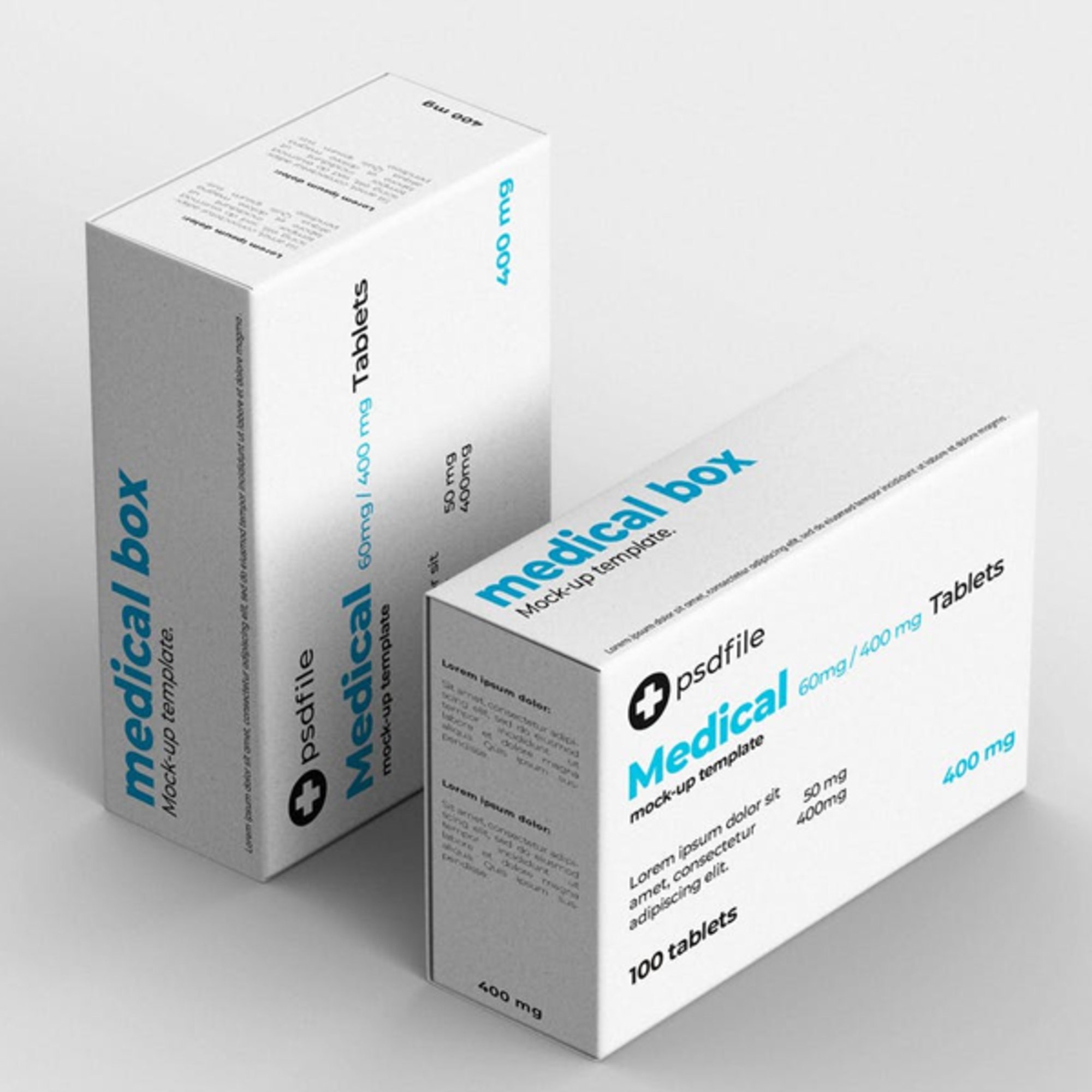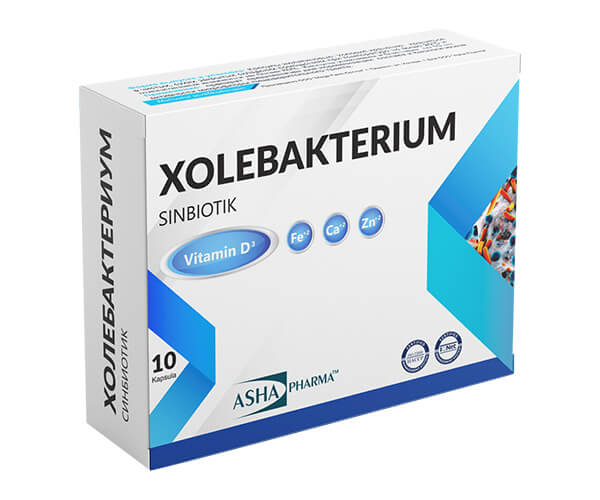- All
- Product Name
- Product Keyword
- Product Model
- Product Summary
- Product Description
- Multi Field Search
Views: 201 Author: XianDa Publish Time: 2024-12-12 Origin: Site

Content Menu
● Vintage Medicine Box: A Journey Through Time and Craftsmanship
● The Historical Significance of Medicine Boxes
>> The Role of Traveling Medicine Chests
● The Craftsmanship Behind Vintage Medicine Boxes
● The Role of Modern Medicine Paper Box Factories
>> Quality Control and Regulatory Compliance
● The Intersection of Vintage and Modern
>> Vintage-Inspired Modern Packaging
● The Cultural Impact of Vintage Medicine Boxes
>> Representation in Art and Media
● The Future of Medicine Packaging
>> Personalized Medicine Packaging
The term "vintage medicine box" evokes a sense of nostalgia, history, and artistry. These boxes, whether antique apothecary chests or modern reproductions, hold a unique place in the history of medicine and packaging. They not only served as functional storage for medicines but also reflected the craftsmanship, cultural values, and medical practices of their time. This article delves into the fascinating world of vintage medicine boxes, exploring their history, design evolution, and the role of modern medicine paper box factories in preserving this legacy.
Medicine boxes trace their roots back to ancient times when herbal remedies were stored in simple containers made from wood, clay, or metal. By the 18th and 19th centuries, these evolved into more sophisticated apothecary chests designed to store tinctures, powders, and pills. These chests often included compartments for bottles and drawers for tools like scales and mortars.
Ancient Apothecary Chest
During the Victorian era, medicine boxes became more ornate, reflecting the period's emphasis on aesthetics. Materials like mahogany, rosewood, and shagreen were commonly used, with intricate brass fittings and velvet linings adding a touch of elegance.
In the late 19th and early 20th centuries, portable medicine chests gained popularity. Companies like Burroughs Wellcome & Co. produced "Tabloid" medicine chests for use in Britain's tropical colonies. These chests standardized medical practices by organizing medicines and tools in a neatly labeled format. This shift marked the transition from home remedies to professionally manufactured pharmaceuticals.
Victorian Traveling Medicine Chest
Today, vintage medicine boxes are prized collectibles. They serve as tangible reminders of a time when storage was as much an art form as a necessity. Collectors often seek out antique pill boxes made from materials like silver or enamel, which showcase intricate designs and craftsmanship.
Craftsmanship has always been at the heart of vintage medicine boxes. Early examples were made from durable materials like wood or metal to protect their contents from environmental factors. Over time, decorative elements such as inlays, carvings, and embossing were added to enhance their visual appeal.
Modern medicine paper box factories continue this tradition by producing high-quality packaging that combines functionality with aesthetics. These factories use materials like food-grade paperboard and eco-friendly kraft paper to create boxes that are not only durable but also visually appealing.
Customization plays a significant role in both historical and contemporary medicine boxes. While antique boxes often featured personalized engravings or monograms, modern factories offer options like custom printing with logos, colors, and designs. This allows pharmaceutical companies to create packaging that reflects their brand identity while meeting regulatory requirements.
In today's pharmaceutical industry, *medicine paper box factories* are essential for ensuring safe and secure packaging. These factories produce a wide range of boxes designed to meet specific needs, from small pill boxes to larger packaging for medical devices.
Modern medicine paper box factories are at the forefront of innovation in packaging materials. They utilize advanced technologies to create boxes that are not only sturdy and protective but also environmentally friendly. Many factories now use recycled materials and implement sustainable production processes to reduce their carbon footprint.
Modern Medicine Paper Box Production

One of the most critical aspects of modern medicine paper box factories is their adherence to strict quality control measures and regulatory compliance. These factories must meet stringent standards set by health authorities to ensure that their products are safe for storing and transporting medicines.
Interestingly, there's a growing trend in the pharmaceutical industry to create packaging that pays homage to vintage medicine boxes. Some medicine paper box factories now offer designs that incorporate elements reminiscent of antique apothecary chests, such as faux wood grain patterns or vintage-style typography.
Vintage-Inspired Modern Medicine Box
In response to growing environmental concerns, many medicine paper box factories are developing eco-friendly alternatives to traditional packaging. These include boxes made from biodegradable materials or those designed for easy recycling. This shift towards sustainability aligns with the ethos of many vintage medicine boxes, which were often designed for long-term use and reusability.
Vintage medicine boxes have left an indelible mark on popular culture. They frequently appear in period dramas, museums, and art installations, serving as powerful symbols of medical history and societal progress.

Many educational institutions and museums use vintage medicine boxes as teaching tools. They provide tangible examples of how medical practices and pharmaceutical packaging have evolved over time. Some medicine paper box factories even collaborate with museums to create replicas of historical boxes for educational purposes.
As we look to the future, medicine paper box factories are exploring ways to integrate technology into packaging. This includes smart packaging with QR codes for easy access to medication information, or boxes with built-in sensors to monitor storage conditions.
With the rise of personalized medicine, there's a growing need for customizable packaging solutions. Medicine paper box factories are developing innovative ways to create packaging that can be easily tailored to individual patient needs, echoing the personalized nature of many vintage medicine boxes.
Futuristic Medicine Packaging Concept
The journey from vintage medicine boxes to modern pharmaceutical packaging is a testament to human ingenuity and progress. While the ornate wooden chests of the past may have given way to more practical paper boxes, the spirit of craftsmanship and attention to detail lives on in today's medicine paper box factories. As we continue to innovate in the field of medical packaging, we can draw inspiration from the rich history of vintage medicine boxes, ensuring that future generations will have their own fascinating stories to tell about the evolution of pharmaceutical packaging.
1. Q: What makes a medicine box "vintage"?
A: A medicine box is typically considered vintage if it's at least 20-30 years old. However, many collectors focus on boxes from the 19th and early 20th centuries, prizing them for their historical significance and craftsmanship.
2. Q: How do modern medicine paper box factories ensure product safety?
A: Modern medicine paper box factories adhere to strict quality control measures and regulatory standards. They use food-grade materials, implement cleanroom manufacturing processes, and often undergo regular inspections to ensure compliance with health and safety regulations.
3. Q: Can vintage medicine boxes still be used to store medicines?
A: While vintage medicine boxes can be used for storage, it's not recommended to use them for modern medicines. The materials and construction of antique boxes may not meet current safety standards, and they could potentially contaminate or degrade modern pharmaceuticals.
4. Q: How has the role of medicine paper box factories changed over time?
A: Medicine paper box factories have evolved from producing simple, functional containers to creating sophisticated packaging solutions. They now focus on sustainability, regulatory compliance, and integrating new technologies while still maintaining the aesthetic appeal that made vintage boxes so cherished.
5. Q: Are there any vintage medicine box designs that are particularly valuable to collectors?
A: Yes, certain vintage medicine boxes are highly sought after by collectors. These often include boxes from well-known pharmaceutical companies of the past, boxes with unique or intricate designs, and those made from precious materials like silver or rare woods. Boxes with provenance, such as those owned by famous individuals or used in significant historical events, can also command high prices.
Vaultz Locking Medicine Box with Combination Lock: A Secure and Stylish Solution
The Medicine Box: A Comprehensive Guide to Pharmaceutical Packaging
Small Medicine Box: A Comprehensive Guide to Portable Healthcare Solutions
Medicine Box for College: Essential First Aid Kit for Students
Locking Medicine Box: Ensuring Safety and Security for Your Medications